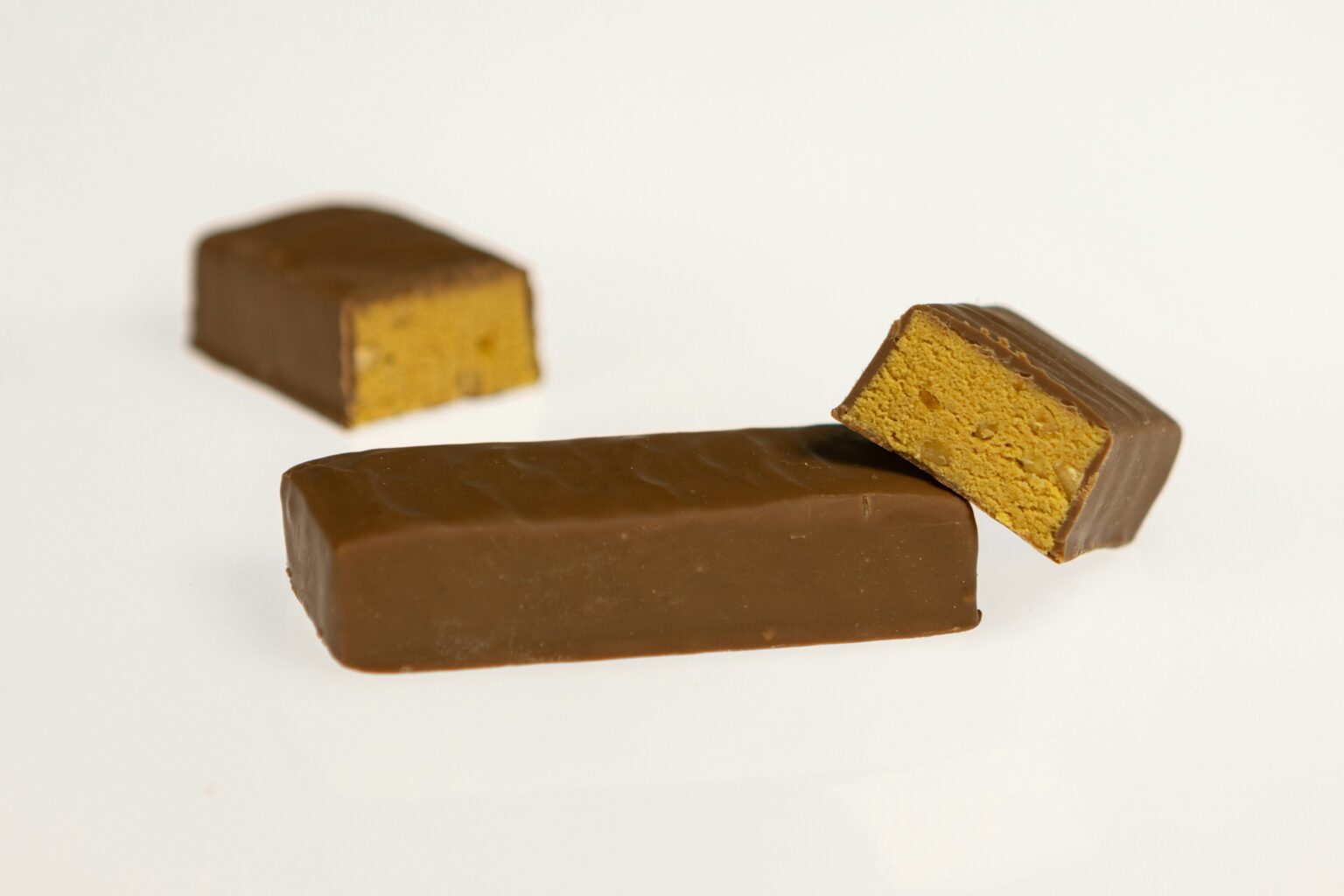A common and more modern way of improving ourselves is dieting or adjusting our food intake with the use of prepared foods such as protein bars and smoothies. Though these options are convenient and provide a boost of energy, the nutritional value is significantly less than actual meals and less-processed food, illustrating our need to avoid quick fixes and change our thoughts to embrace the good old things. Protein shakes and bars “also are very often high in sugar, having as much as a soda or candy bar. … Regardless of total protein count, when it comes to your macronutrients, your best bet is to get your protein through whole foods—and there are plenty of them that are just as convenient as protein shakes and bars that give you almost an equal dose of protein” (Sheela Prakash, “How Protein Shakes & Bars Stack Up against All-Natural Protein Sources,” The Kitchn, May 1, 2019, https://www.thekitchn.com/protein-balls-bars-and-shakes-how-they-stack-up-against-all-natural-protein-sources-243524). Additionally, consider how processed food has changed the food industry: “Sugar was introduced in the 1820’s and continues to increase until the turn of the 21st century when people start to realize the negative health impact it has. Cottonseed oil was introduced in the 1860’s and about twenty years later roller-mill technology spurred the introduction of refined wheat flour. In the 1910’s Procter and Gamble introduced Crisco and trans fats to the general population. Today the average American consumption of processed food is around 63% resulting in the continual deterioration of health in the U.S.” (Michael Ham, “Processed vs. Whole Foods: The Science of Nutrition,” Global Wellness Institute, December 8, 2023, https://globalwellnessinstitute.org/global-wellness-institute-blog/2023/12/08/processed-vs-whole-foods-the-science-of-nutrition/).





